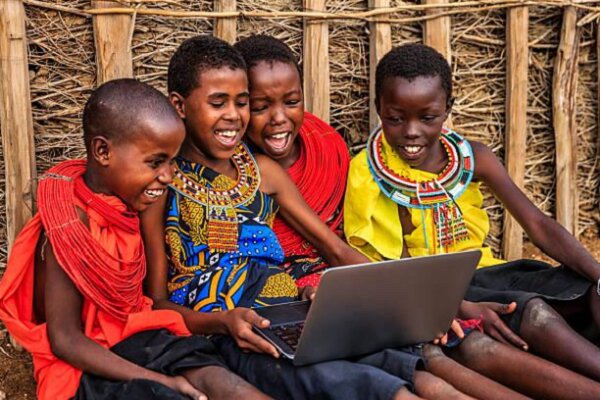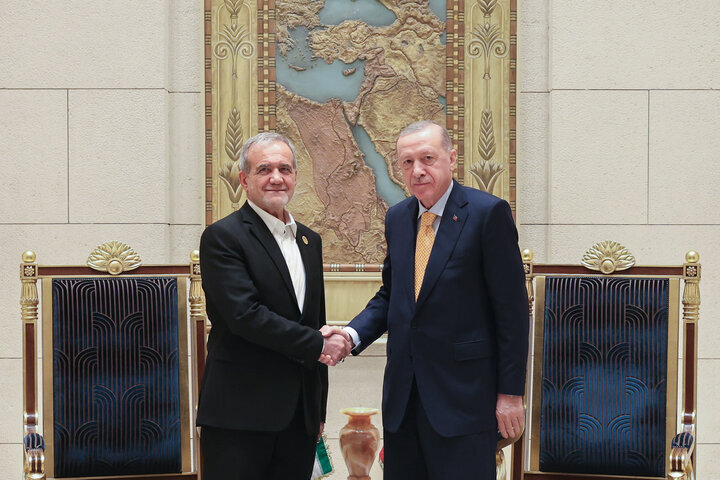UN Report Reveals Only 37% of Africans Have Internet Access: A Digital Divide Crisis
The Internet access in Africa remains significantly lower than the global average, according to findings presented by the United Nations Development Program (UNDP) during the 3rd International Innovation and Technology Exhibition, GITEX Africa, held in Marrakech from April 14 to 16. This gap in connectivity highlights critical challenges and opportunities for growth within the continent.
As stated by the UN agency, a mere 37% of Africa’s population currently enjoys Internet access, starkly contrasting with a global average of 67%. This disparity not only reflects the ongoing digital divide but also underscores the urgent need for strategic investments in digital infrastructure throughout the region.
Furthermore, the UNDP has raised concerns regarding Africa’s digital landscape, revealing that the continent hosts only 2% of the world’s data centers. This limited presence of data facilities further exacerbates the challenges faced by African nations in harnessing the full potential of digital technologies.
During the panel discussions at GITEX Africa, several key points emerged regarding the future of technology in Africa:
- Investment in AI Infrastructure: The need for increased funding and resources dedicated to artificial intelligence infrastructure was a focal point of discussion. Experts believe that bolstering AI capabilities can drive economic growth and innovation across various sectors.
- Data Sovereignty: Participants emphasized the importance of establishing data sovereignty in African nations. Ensuring that data generated within the continent is stored and processed locally is essential for enhancing security and fostering trust among users.
- Public-Private Partnerships: Collaborative efforts between governments and private enterprises are crucial to developing a robust digital ecosystem. Such partnerships can facilitate knowledge transfer, investment, and technological advancements necessary for digital growth.
- Skills Development: Investing in education and training to improve digital literacy and technical skills among the African workforce is vital. A skilled population is essential for leveraging new technologies and driving innovation.
The ongoing discussions at GITEX Africa serve as a reminder of the potential that lies within the continent if these challenges are adequately addressed. The combination of increased investment, improved infrastructure, and a focus on education could lead to a transformative digital revolution in Africa.
As technology continues to evolve, Africa has the opportunity to carve out a significant role in the global digital economy. By addressing the current gaps in Internet access and digital infrastructure, African nations can position themselves as leaders in innovation and technology on the world stage.
In conclusion, the findings presented by the UNDP at GITEX Africa underscore the urgent need for collective action to bridge the digital divide in Africa. Stakeholders across sectors must come together to create a roadmap for sustainable digital growth that benefits all Africans.






